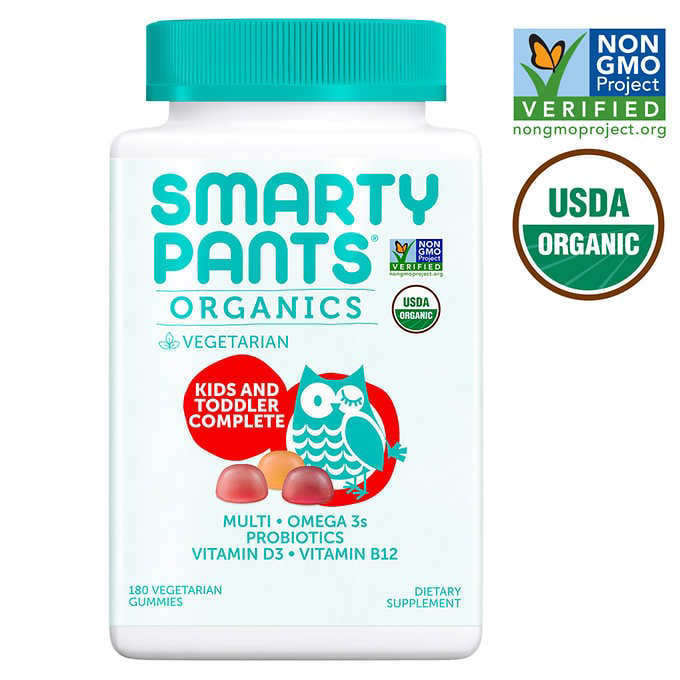
Fat-soluble vitamins are properly absorbed only when taken with food.Instead of using dessert as a reward to get kids to finish their healthy food, maybe try a fun multivitamin.The convenience of these meals often ends up robbing them off essential nutrients that growing kids need. Multivitamins are also recommended for children who consume a lot of sodas, processed food and fast food.Little ones can easily confuse gummy and tablet multivitamins with candy, so always keep them out of reach.They can advise you on what kind of vitamins your child may need and the dosage to use. It is always wise to check with your child’s pediatrician before starting any kind of multivitamin or supplement routine.Megavitamins with large doses of vitamins are not suitable for kids, so steer away from those some vitamins can even be toxic in large quantities. Multivitamins also contain things like calcium, iron, biotin, pantothenic acid, zinc and iodine. Kids may get their Vitamin D from milk and cheese or the best existing source, sunlight. It helps form and repair bones, tissues and red blood cells. Vitamin C is plentiful in citrus fruits, strawberries, broccoli and potatoes. These vitamins are found naturally in chicken, fish, meat, eggs, milk, cheese and beans. Vitamins B2, B3, B6 and B12 encourage strong nervous and circulatory systems, energy production and metabolism.
#SMARTY PANTS KIDS VITAMINS SKIN#
Here are some guidelines that can help when shopping for multivitamins: Vitamin A promotes children’s normal growth and development, healthy skin and immune responses sources include milk, eggs and yellow-to-orange veggies. Understand your child’s needs by jotting down foods they commonly eat and seeing what nutrients those contain or lack.
#SMARTY PANTS KIDS VITAMINS PLUS#
You can find multivitamins with different vitamins and minerals concentrations, plus things like organic flaxseed oil. Vegans and vegetarians may also need the added nutritional boost from vitamins and supplements. Many children have to take multivitamins or supplements because they have malabsorptive conditions like celiac disease, are allergic to things like milk or are lactose-intolerant. Still, the vitamins do need to taste good, otherwise, no child will want to take them. You’ll want to avoid ingredients like artificial sweeteners, colors or flavors. They are not all created equal, and they come in different forms. However, it is crucial to know what is in these before buying them. It’s for this reason that so many parents rely on multivitamins.


Kids can be notoriously picky eaters, leaving parents and caregivers to worry if their little ones are getting enough proper nutrition.


 0 kommentar(er)
0 kommentar(er)
